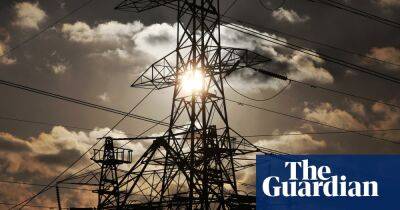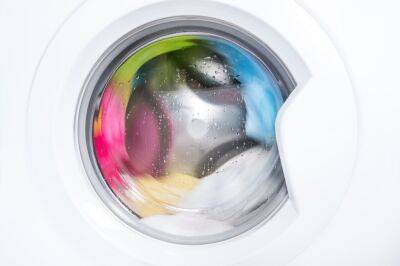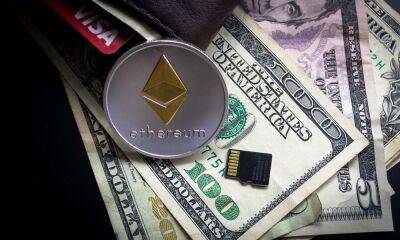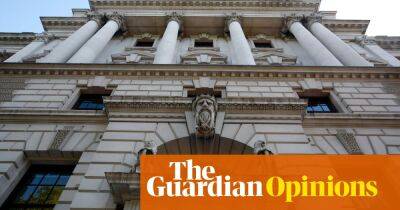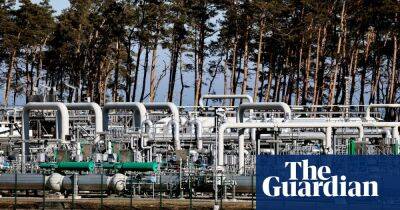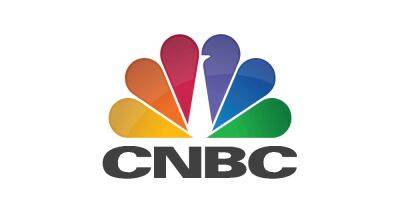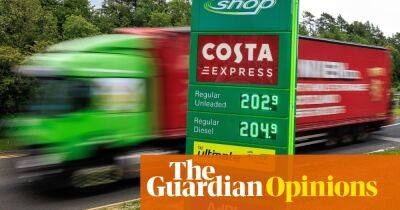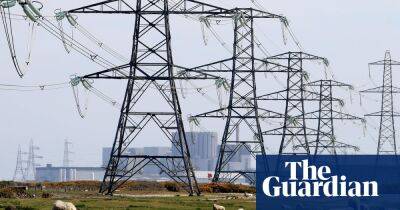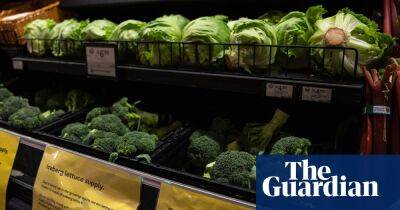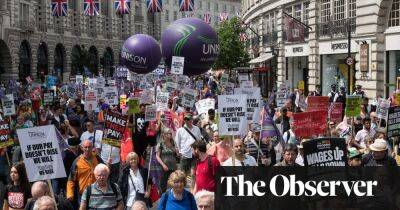Why are UK fuel prices at a record high when cost of oil has fallen?
As Britain witnesses fuel price protests, petrol prices have again hit a record high. That is despite a slight easing in sky-high wholesale costs for retailers, which had been blamed for the pain at the pumps.
The average cost of petrol hit a record 191.53p a litre on Sunday, while diesel is 199.03p and, in some places, above the landmark price of £2 a litre. Fuel prices have risen this year as the cost of crude oil, used to produce petrol and diesel, has jumped.
The price of crude collapsed during the pandemic as travel restrictions punctured demand. That demand has since largely returned. Russia’s invasion of Ukraine has exacerbated the situation as various western countries shun Russian oil. A fall in the value of the pound against the dollar has also pushed up wholesale costs for petrol retailers.
The price of oil has eased from the highs of about $140 a barrel at the beginning of the invasion to about $110 as nations have sought supplies from alternative countries to Russia. Typically wholesale and retail prices move in tandem but refineries appear to be taking a bigger cut.
Refining margins are calculated using “crack spreads” – the overall price difference between a barrel of crude and the petroleum products refined from it. These spreads have hit record highs in recent months after a reduction in refining capacity in Europe and the east coast of America.
In Britain, there are just six big oil refineries. In theory, the boom in refining demand should have helped them, although the oil price spike in March will have inflated their input costs.
The wholesale cost of petrol has fallen for five straight weeks. The RAC has accused retailers of not passing this on. It said the average cost of delivered unleaded was 145.7p a
Read more on theguardian.com



